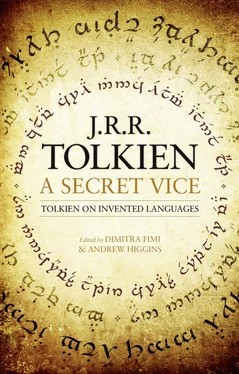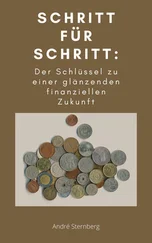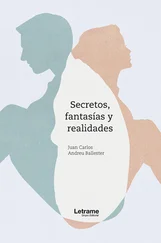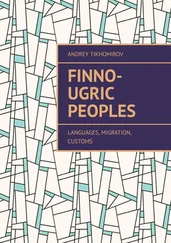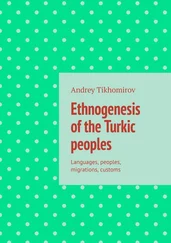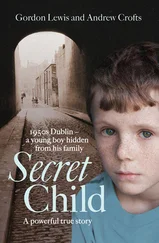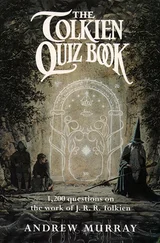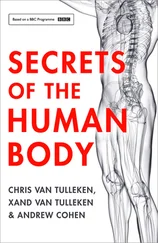We have regularized some punctuation and (when called for) inserted Tolkien’s marginal notes in the appropriate places in the main body of the text
Tolkien occasionally wrote abbreviated thoughts instead of full sentences, and while this has sometimes resulted in a syntactical incoherence, we have preferred to let these stand rather than to intrude editorially
Curly brackets are used to denote editorial material, while square brackets are Tolkien’s own
A superscript following a word or phrase in Tolkien’s text signals that there is an endnote on this material
Verlyn Flieger and Douglas A. Anderson have justly named ‘On Fairy-stories’ as Tolkien’s ‘manifesto’ on the art of writing fantasy ( TOFS , p. 9). This volume aims to confirm that ‘A Secret Vice’ is an equally indispensable manifesto for the parallel (and – for Tolkien – coeval) art of language invention, deserving of its rightful place in the Tolkien canon. ‘A Secret Vice’ (and Tolkien’s language invention itself) has often been neglected by critics. One of the aims of this edition is to re-open the debate on the importance of linguistic invention in Tolkien’s mythology and the role of fictional languages in imaginative literature in general. At the same time, the wealth of new material by Tolkien uncovered and presented here affords readers the opportunity to truly appreciate the original ideas on language and art postulated by one of the most innovative academic and creative linguistic minds of the twentieth century.
We are grateful to the Tolkien Estate for entrusting us with this project and for permission to use Tolkien’s manuscripts. A special thanks to Cathleen Blackburn of Maier Blackburn for her support. We are indebted to Catherine Parker and Colin Harris at the Bodleian Library for their generous assistance. For access to the Exeter and Pembroke College Archives we thank Penny Baker and Amanda Ingram. Extracts from the minutes of the Johnson Society are reprinted by kind permission of the Master, Fellows and Scholars of Pembroke College, Oxford. Many thanks also to Andrew Honey at the Bodleian and Simon Bailey at the University of Oxford Archives. We are grateful for invaluable help and advice from Douglas Anderson, Mark Atherton, Carmen Casaliggi, Verlyn Flieger, Nelson Goering, Alaric Hall, John Hines, Carl Hostetter, George Kotzoglou, Philip Leube, Carl Phelpstead, John Rateliff, Claire Richards and Patrick Wynne. Our colleagues Kathryn Simpson, Meryl Hopwood, Kate North, and Michelle Deininger were a constant source of support during this project. Thanks also to Chris Smith, editorial director of HarperCollins, for encouragement and advice; and to Charles Noad for his scrupulous editing and eagle eye.
We would also like to express our thanks and gratitude to all the members of the Elvish Linguistic Fellowship whose diligent and focused academic editing and analysis of Tolkien’s linguistic papers have given us and all students and scholars of Tolkien’s invented languages an invaluable corpus of work to study and analyse. Many thanks to Christopher Gilson, Patrick Wynne, Bill Welden, Arden R. Smith and Carl F. Hostetter.
Last but not least, we would like to thank our respective husbands, Andrew Davies and David Thompson, for bearing with us during countless late nights and weekends working on this project.
DIMITRA FIMI and ANDREW HIGGINS
Конец ознакомительного фрагмента.
Текст предоставлен ООО «ЛитРес».
Прочитайте эту книгу целиком, купив полную легальную версию на ЛитРес.
Безопасно оплатить книгу можно банковской картой Visa, MasterCard, Maestro, со счета мобильного телефона, с платежного терминала, в салоне МТС или Связной, через PayPal, WebMoney, Яндекс.Деньги, QIWI Кошелек, бонусными картами или другим удобным Вам способом.
